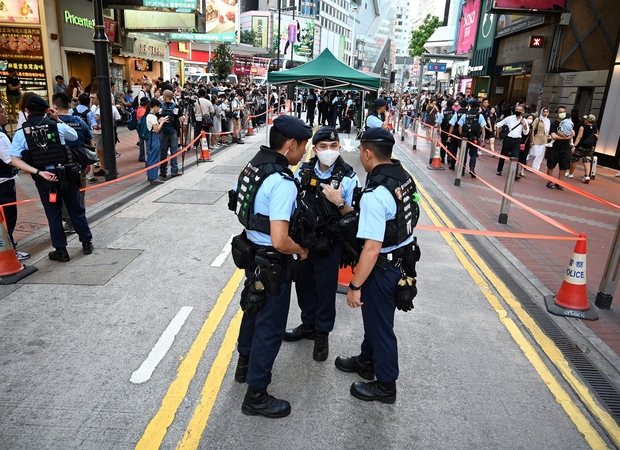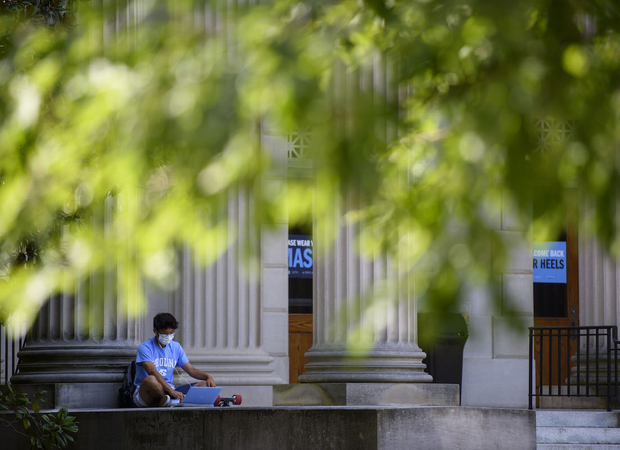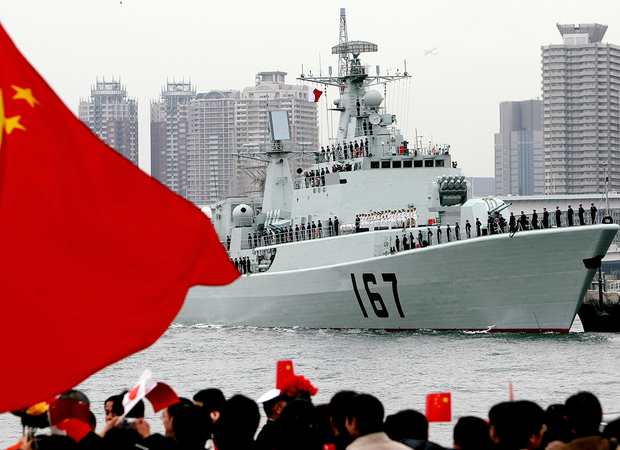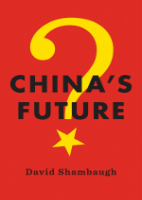
Can the U.S. Find a Balance between Scientific Openness and Security?
In online spaces where Chinese students and researchers congregate, complaints about the state of scientific research in China abound. Online censorship makes accessing international research resources difficult; universities lack...















